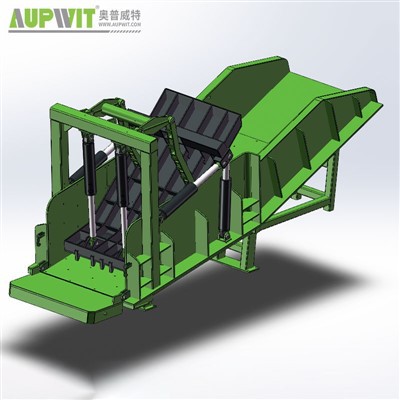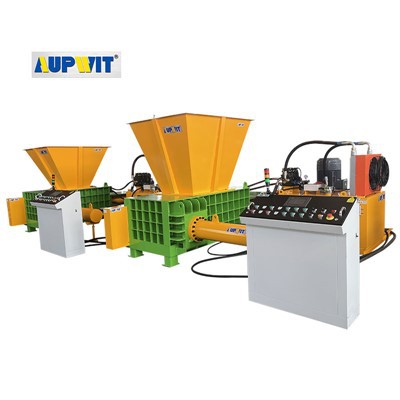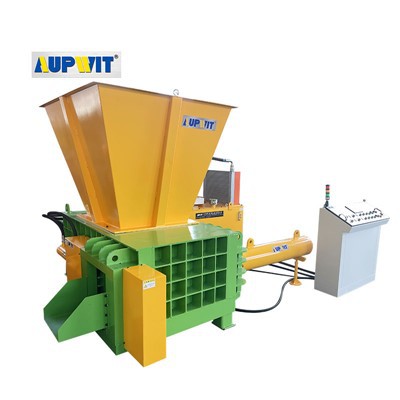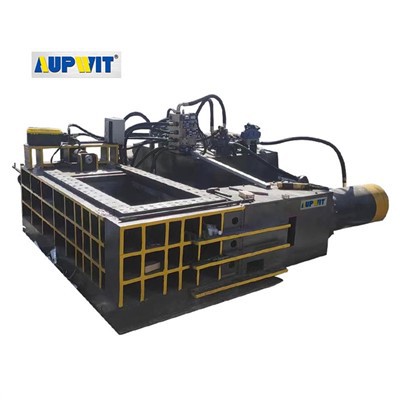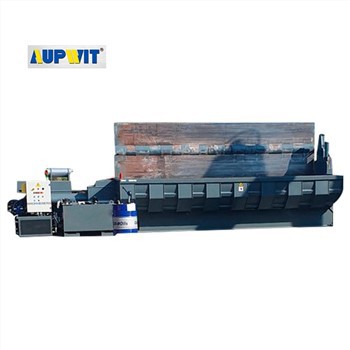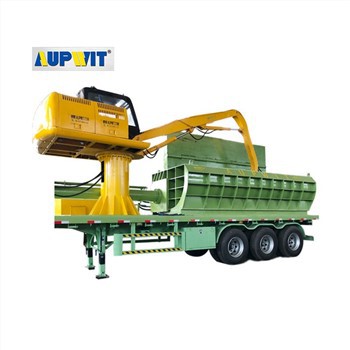Binder Usage in Metal Chip Briquetting Machines
Whether a metal chip briquetting machine requires adding binders depends on several factors including material type, desired briquette quality, and machine capabilities.
Binder-Free Operation
- Most machines work without binders for ductile metals like aluminum, copper, and iron
- High pressure causes metal particles to interlock and deform slightly
- Mechanical bonding creates dense, stable briquettes
- Hydraulic systems squeeze out air and excess oil during compression
- Sufficient for storage, transportation, and recycling processes
When Binders Are Needed
- Processing very fine or powdery metal chips with less surface area
- Metal chips with high levels of contaminants like oil or coolant
- When mechanical bonding alone cannot ensure briquette stability
- Binders fill gaps between fine particles and enhance cohesion
- Help offset negative effects of persistent contaminants
Briquette End Use Considerations
- Foundries prefer binder-free briquettes for remelting
- Binders may leave residues affecting recycled metal quality
- For non-metallurgical uses, binders may be acceptable
- Decorative items or low-stress components focus on shape retention
- Metal purity is crucial for metallurgical applications
Machine Design Impact
- High-pressure machines achieve stronger mechanical bonding
- Advanced compression systems adapt to different chip properties
- Multi-stage pressing or variable pressure controls reduce binder need
- Lower-pressure machines may require binders for cohesion
- Machine capabilities influence binder necessity
Key Consideration
The decision to use binders depends on chip characteristics, briquette end use, and machine performance. While most common metal chips don't require binders, specific scenarios may benefit from their addition to achieve optimal briquette quality and functionality.


